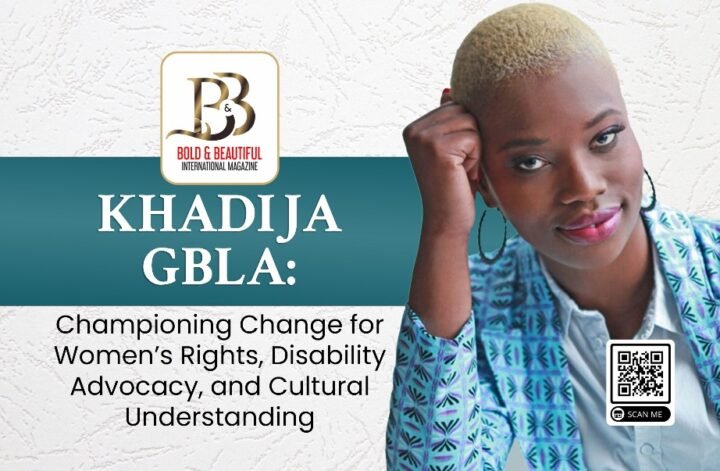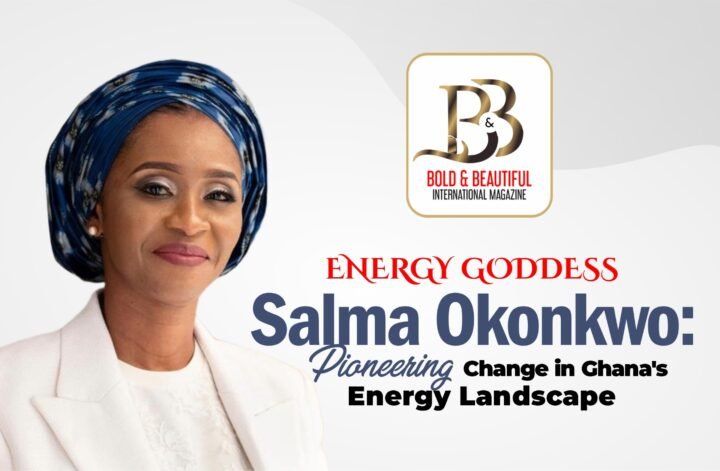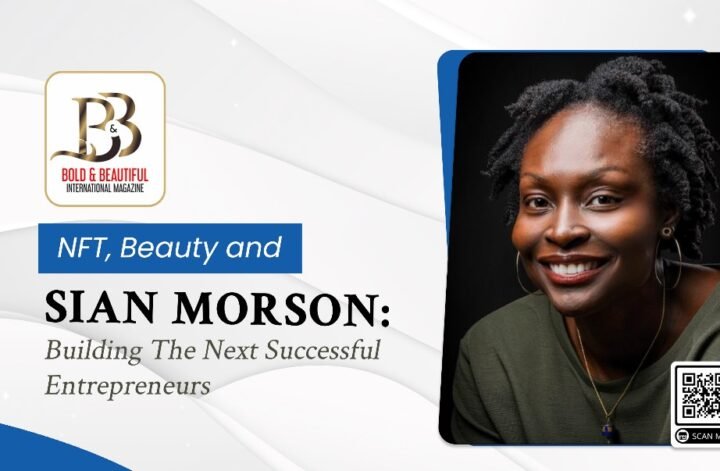At just nine years old, Khadija Gbla endured a traumatic experience that would shape her future advocacy work. Held down by her primary caregiver—her mother—Gbla underwent female genital mutilation (FGM) at the hands of someone her mother had paid. This violent act left deep psychological scars, leading Gbla to develop amnesia as her brain shielded her from the trauma. Years later, while volunteering at Women’s Health Statewide in South Australia, Gbla encountered a pamphlet on FGM. Seeing a diagram of Type II FGM, which involves the removal of the clitoris and part of the outer labia, she recognized her own experience, triggering repressed memories to resurface.
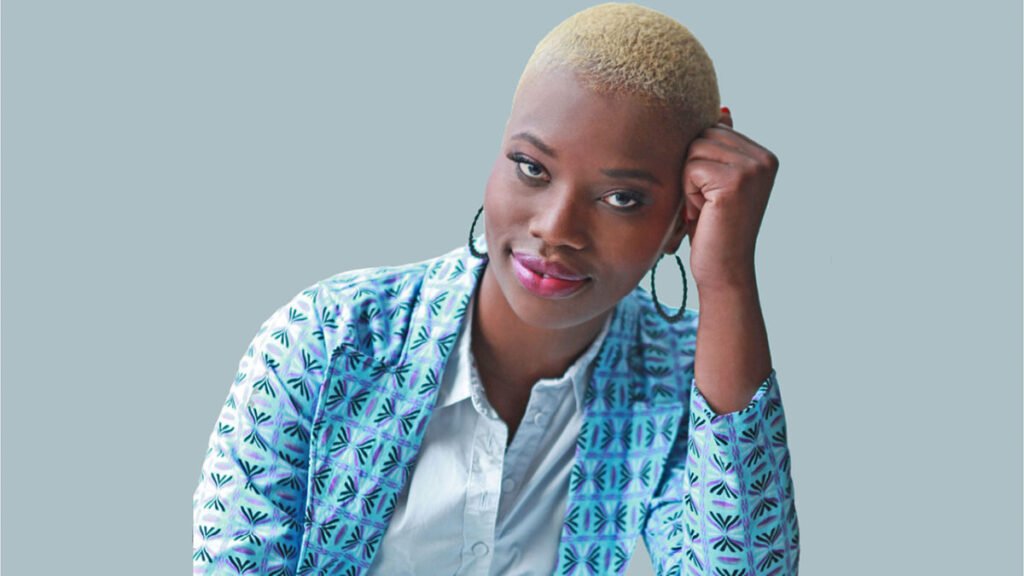
Khadija Gbla is an unstoppable force in the realm of human rights advocacy, a voice for justice that resonates from her homeland in Sierra Leone to her adopted home in Australia. As a cultural consultant, peer educator, and fierce advocate, Gbla leads the charge on issues of domestic violence, sexual health, racism, human rights, and mental health, all while challenging assumptions and stereotypes about migrants, refugees, and diverse cultural communities.
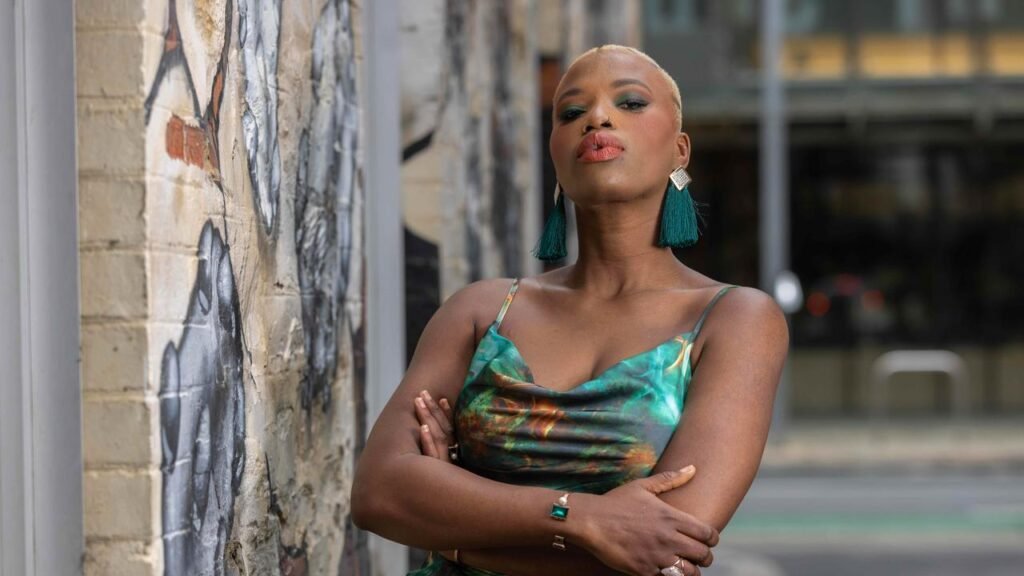
Born in Sierra Leone and raised in Gambia, Gbla was uprooted as a teenager, moving to Australia to seek safety and opportunity. Here, Gbla began work as an advocate, quickly establishing as a leading figure in the fight against female genital mutilation (FGM) and becoming Executive Director of No FGM Australia. In this role, Gbla works tirelessly to protect Australian girls at risk of FGM and support survivors. Gbla is also the co-founder of The Desert Flower Centre Australia, the first center in the Asia-Pacific region dedicated to comprehensive care for women affected by FGM. From reconstructive surgeries to trauma-informed counseling, the center addresses the physical and psychological impacts of FGM while educating communities and professionals on prevention and support.
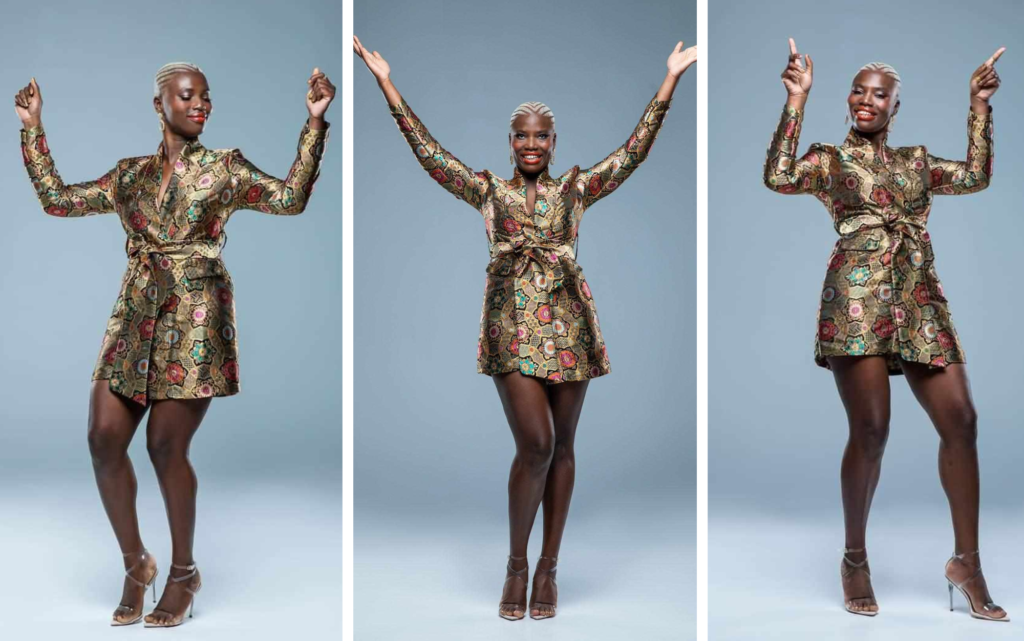
As a person living with disabilities, Gbla speaks candidly about the journey toward self-acceptance. Gbla is a proud user of mobility aids and openly discusses wholesome experiences with conditions like fibromyalgia, Ehlers-Danlos syndrome, and complex PTSD. Despite the challenges, Gbla has the intersectional identity as a Black, queer, non-binary, disabled woman into a powerful platform for social change. Gbla emphasizes the need for self-care and mental health in activism, recognizing that sustaining advocacy work requires healing from personal trauma.
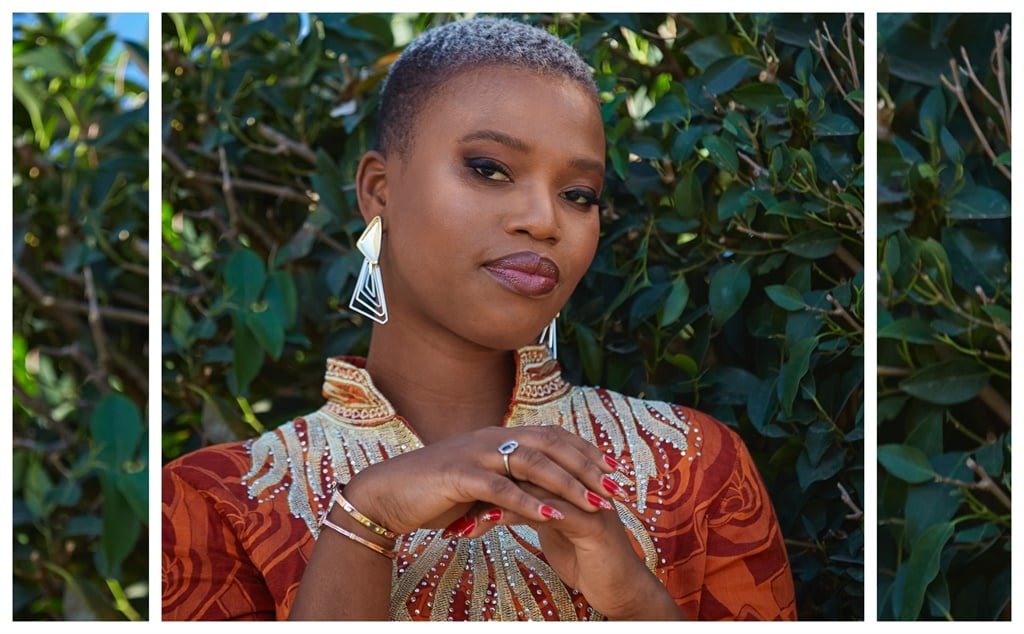
Gbla’s approach to advocacy is steeped in resilience and inclusivity. Gbla’s message is clear: FGM is not just a ‘cultural issue’ but a form of gender-based violence that transcends race, class, and nationality. By speaking out, Gbla urges society to challenge stereotypes and examine the global roots of patriarchy that oppress women in diverse ways. Gbla’s TEDx talk, ‘My Mother’s Strange Definition of Empowerment,’ has inspired millions, shining a light on the complex intersections of race, gender, and identity in the immigrant experience.
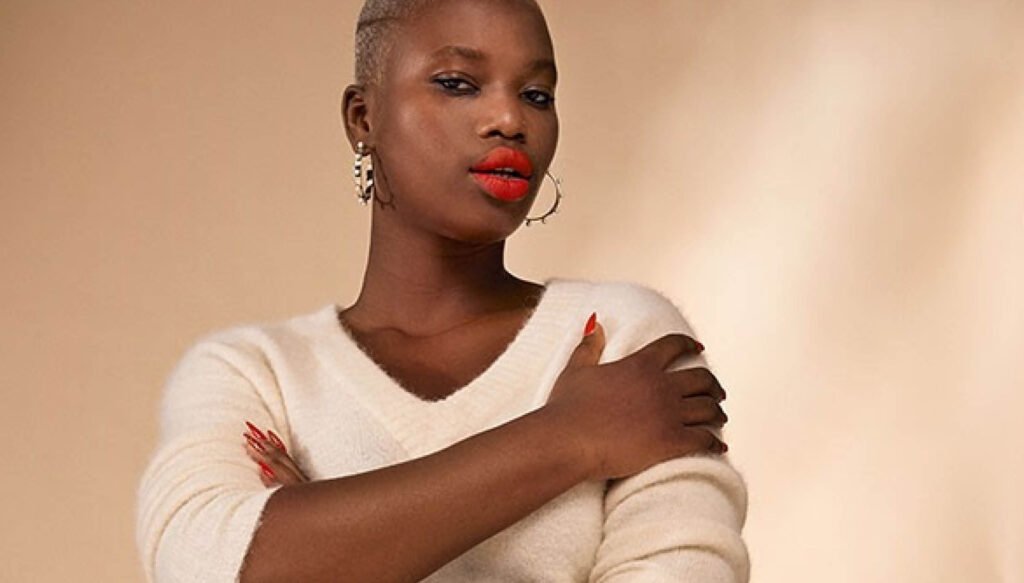
Gbla serves as an Ambassador for Our Watch, an organization dedicated to ending violence against women and children. Gbla is also involved with Harmony Alliance and Reacher’s Philanthropy, organizations committed to the empowerment of migrant and refugee women, providing resources for cultural awareness training, and advocating for safe, inclusive spaces for diverse communities.
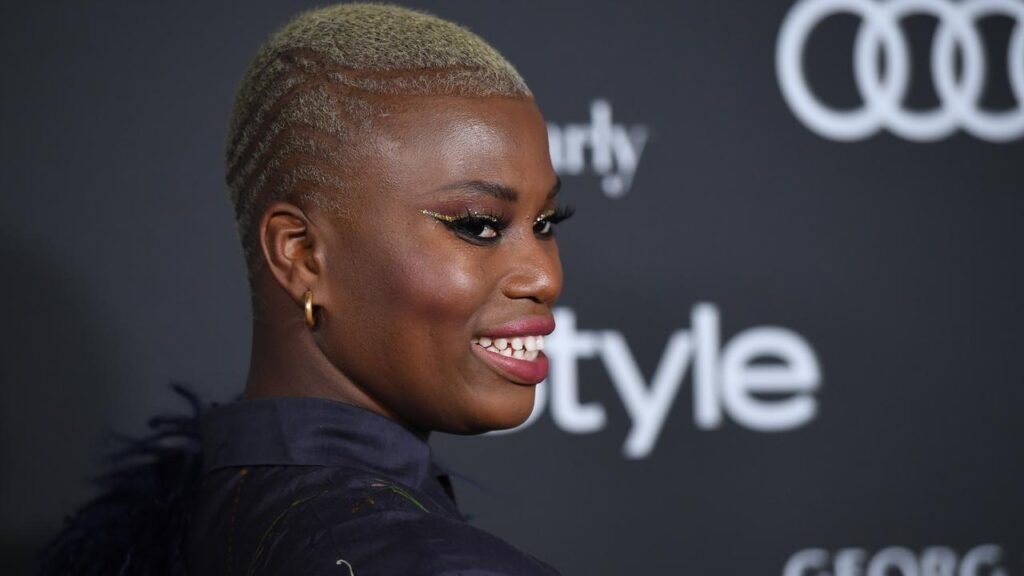
Gbla’s achievements have earned her numerous accolades, including the 2019 InStyle Magazine Advocate for Acceptance Human Rights Award, recognition from Cosmopolitan Magazine as a Women of the Year finalist, and a nomination as one of Amnesty International’s ‘Human Rights Activists to Watch.’ Yet for Gbla, true success lies in the day-to-day impact — whether educating healthcare providers about trauma-informed care, challenging discriminatory policies, or helping individuals recognize their power to bring about social change.

